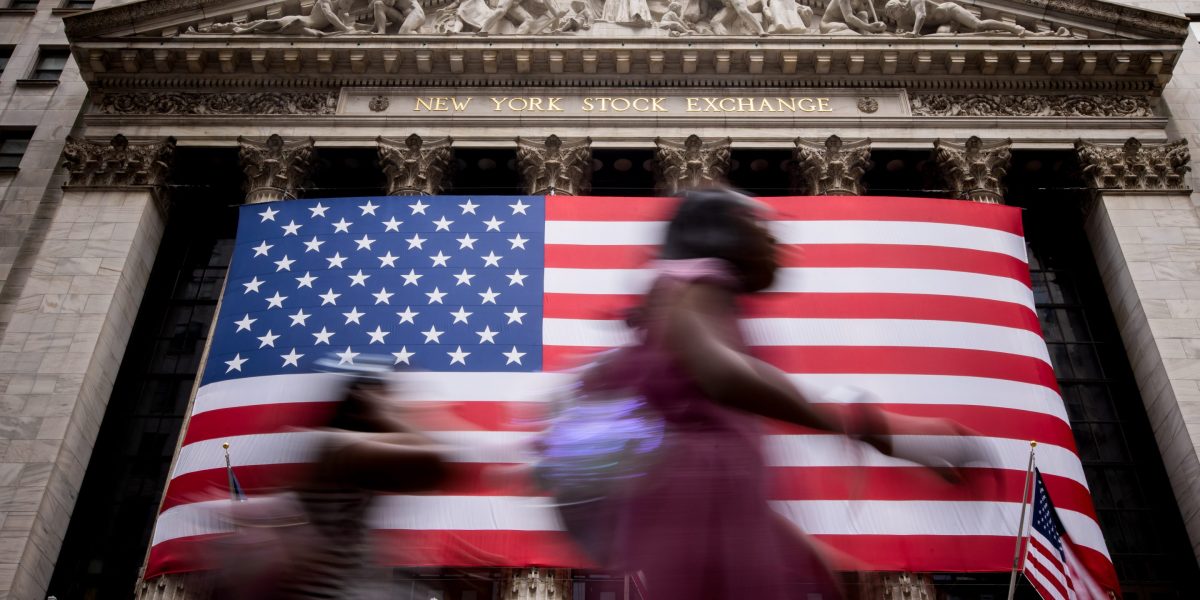

Coinbase, a centralized cryptocurrency exchange, has announced the expansion of its services to Hawaii, allowing residents to buy, sell and manage their digital assets.
According to a press release shared with Cointelegraph, the development follows substantial regulatory changes by Hawaii’s Department of Commerce and Consumer Affairs Division of Financial Institutions (DFI).
“We’ve worked diligently with local authorities to ensure we can enter the Hawaii market, and welcome their innovative, responsible approach, which aligns with our goal of providing a safe and compliant environment for all.“
Related: Coinbase finds flawed analysis in SEC’s proposed exchange definition
Implications for Hawaii residents
The press release states that Hawaiian residents can now access Coinbase’s platform and use its respective app to gain exposure to “hundreds of cryptocurrencies.”
“Hawaii customers now have access to a suite of crypto services, including staking, where they can earn up to 12% APY in staking rewards on popular assets.”
The press release also stated that residents can transfer their assets “internationally” after years of expressing “a strong interest in crypto on Coinbase.”
Related: Coinbase to expand use of Vaults for secure crypto custody — Executive
Hawaii regulatory changes
Hawaii has previously had restrictive regulations for crypto businesses, making it difficult to operate crypto-related services in the state.
The state’s requirement that crypto exchanges maintain cash reserves equal to the value of digital assets held by customers effectively made it nearly impossible for crypto businesses to operate in the state.
The DFI relaxed these regulatory restrictions as part of the Hawaii Digital Currency Innovation Lab pilot program, which was launched to remove the reserve requirement.
Related: Cathie Wood’s ARK resumes Coinbase buying as BTC drops below $50K
Coinbase vs. SEC pushback
On Aug. 5, the US Securities and Exchange Commission filed a motion to deny Coinbase’s efforts to reveal certain documents, including SEC internal and external emails.
The SEC argued that the request for the emails, which detailed the application of securities laws to digital assets, were overly broad and sought irrelevant material.
Paul Grewal, chief legal officer at Coinbase, stated in an X post on Aug. 6 that these documents were necessary to reveal the SEC’s “inconsistent views of digital assets and its own regulatory reach.”
Magazine: How Chinese traders and miners get around China’s crypto ban
Authorities in the United Arab Emirates (UAE) have reportedly taken Ildar Ilham, the founder of the decentralized finance protocol WhiteRock Finance, into custody as part of allegations over a $30-million… Zohran Mamdani won the New York mayoral primary election on June 24, which has since caused a stir among the crypto industry’s upper crust. Mamdani will face off against incumbent…WhiteRock Founder To Be Extradited Over $30M ZKasino Case: ZachXBT
Is NYC Mayoral Candidate Zohran Mamdani Bad For Crypto?









